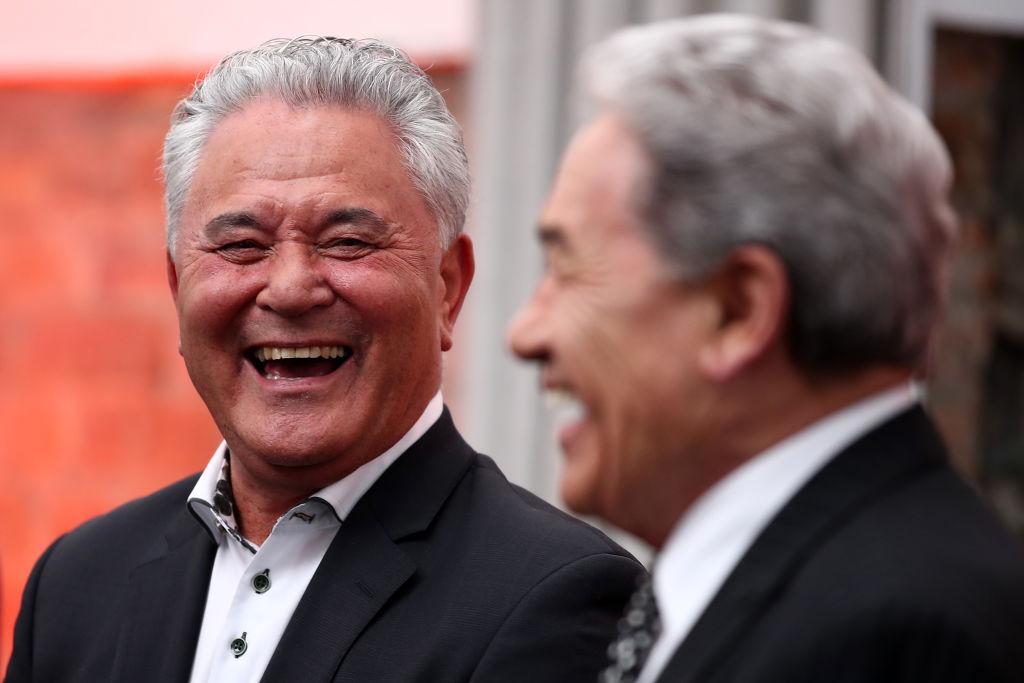Māori Party (Te Pāti Māori) MP, Takutai Moana Natasha Kemp, has been accused of misusing private information, collected during the census, for political campaigning.
The issue is now part of an official investigation by Stats NZ after a whistleblower from the Ministry of Social Development (MSD) made the allegations, and also reported it to police last week.





